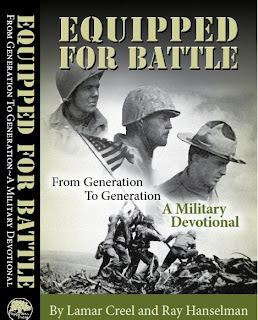Haman stood before King
Ahasuerus to complain about a people within the empire who were not
keeping the king's law. Haman was motivated by the refusal of
Mordecai to bow to him, and because he was a Jew, Haman desired that
all of Modecai's people pay a price for his insubordination. In
chapter three and verse nine we discover more of Haman's plan. We
read:
If it please the king,
let it be written that they may be destroyed: and I will pay ten
thousand talents of silver to the hands of those that have the charge
of the business, to bring it into the king's
treasuries.
The
verse begins, “If it please the king, let it be written that
they may be destroyed:” We notice first that at least Haman
knew the art of entreating. He said, “If it please...”
rather than simply telling the king what to do. Because the Persian
Empire came into existence by eliminating foes, Haman more than
likely knew that just another group of people, particularly a
rebellious one, would be of no particular preference for King
Ahasuerus. Because Haman painted the Jews as opponents to the king,
the desire to have them destroyed should be easily obtained. He did
however insure that this command be written. As we stated before, the
kings of Persia had power, but the written law superseded their power
once a law was written.
The
verse goes on to say, “and I will pay ten thousand talents of
silver to the hands of those that have the charge of the business, to
bring it into the king's treasuries.” Haman
knew that by eliminating such a large group of people would have an
economic impact upon the kingdom. Some of the Jews were workers,
others were servants, and many paid tribute. Most of them contributed
to the empire, and the loss of them would mean financial loss as
well. Haman declared that he would pay for the loss, give it to those
in charge of business, and bring it into the king's treasuries. Can
we even imagine such a hatred for Mordecai? Those who have unbridled
anger and wrath often become a victim of the very revenge they desire
to inflict. Haman's wrath certainly had him consumed.
What is
it that we are so angry about that we would pay such a price as Haman
to remove? Is there anyone as angry at us because of our allegiance
to God like Mordecai? Do we live our lives in such a manner that the
enemy of our soul, Satan, would desire to destroy us if he could? As
with Haman, people may not like what we have to say or enjoy our
behavior in our worship of Jesus Christ, but are we willing to bear
the cross of our Savior Jesus even when others are contrary to our
worship? What price are we willing to pay that we might find
ourselves as children of the living God?
Next time we will hear more about
Haman's desire before King Ahasuerus that the Jews be destroyed, so
read ahead, and we shall join together then.
Until
tomorrow...there is more...
Look for
the daily devotional book “Equipped for Battle – From Generation
to Generation” and the new marriage book “So, You Want to Be
Married” in all major bookstore sites, www.amazon.com ;
www.barnesandnobles.com ; download to e-books, and find it locally at
www.mrzlc.com/bookstore.



































